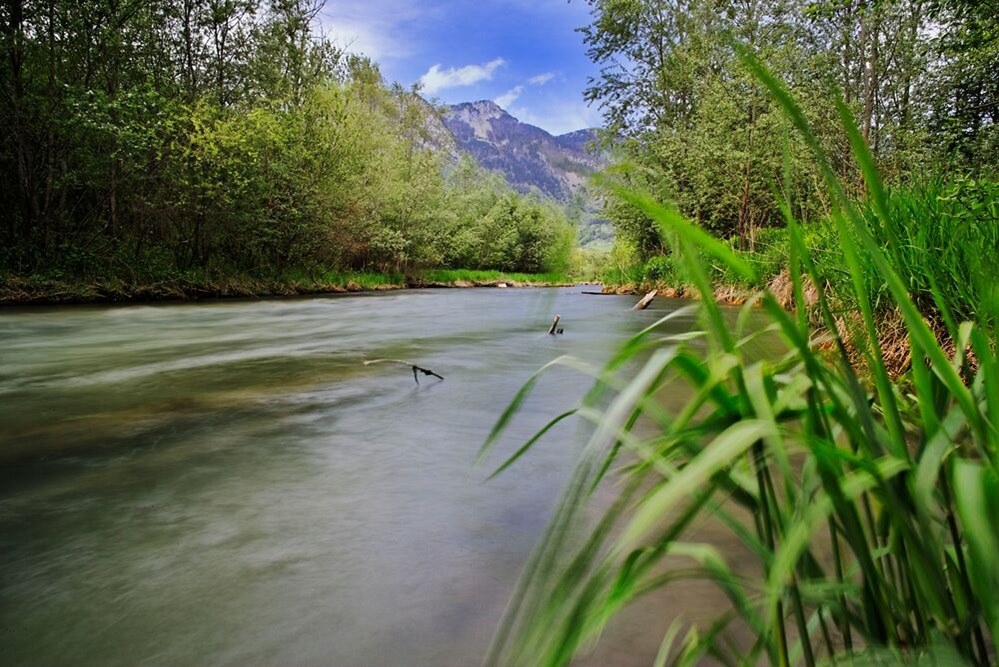Green light for Nature Restoration in the EU
The majority of EU environment ministers voted in favour of the Nature Restoration Law on 17 June 2024. The decisive factor was the courageous and foresighted last-minute approval by Austria's Environment Minister.
The EU Parliament had already voted in favour of the law in November 2023. The approval of the Environment Ministries would normally have been a mere formality, but the law became a political bone of contention and was therefore revised again. EU countries that rejected the law cited concerns about the alleged disadvantages for the agricultural sector, increased environmental and sustainability standards and the high implementation costs. Among those were also Alpine countries such as Italy and Austria. All the Austrian federal states initially rejected the law, but at the beginning of June 2024 Vienna and Carinthia turned towards a favourable position. As a result, the Environment Minister Leonore Gewessler no longer felt legally bound and voted in favour.
Kaspar Schuler, Executive Director of CIPRA International, welcomes the decision: "It is rare for a small country like Austria to have a decision of European significance in its hands. This makes the extraordinarily courageous approval all the more pleasing. Despite all the domestic disagreements, the Alpine republic has cleared the way for a milestone in sustainability in practice. This is in line with Austria's long-standing, unwavering defence of the goals of the Alpine Convention."
Serena Arduino, President of CIPRA International, emphasises: "CIPRA rejoices in the formal approval of the Nature Restoration Law, which brings the governance of biodiversity in Europe to a higher level. We will support the implementation of nature restoration in the Alpine region, focussing on the cooperation and coordination of restoration planning and execution by all Alpine countries, whether they are EU or non-EU member states – as is in the spirit of the Alpine Convention. With this law we are now better equipped to also fulfil the objectives of the Global Biodiversity Framework and the UN Decade of Ecosystem Restoration." As an Italian, Arduino nevertheless regrets Italy's lack of consent. According to her, Italy has missed the opportunity to show foresight and make history.
Restoring habitats
The EU countries have set themselves the goal of becoming climate-neutral by 2050. The EU Nature Restoration Law will contribute to this. Over 80 percent of habitats in the EU are currently in poor condition. Measures such as reforested forests, restored wetlands and the renaturation of countless obstructed rivers are intended to change this. As a first step, the member states have committed to restoring at least one fifth of the land and sea areas that are currently in poor condition by 2030. By 2040, the target is 60 percent, and 90 percent by 2050.
Sources and further information:
www.euronews.com/my-europe/2024/06/17/nature-restoration-law-gets-green-light-after-austria-flips (en) www.europarl.europa.eu/news/de/press-room/20240223IPR18078/parlament-ja-zur-renaturierung-von-20-der-land-und-meeresflachen-der-eu (de), https://orf.at/stories/3360941/ (de) https://orf.at/stories/3360978/ (de)

